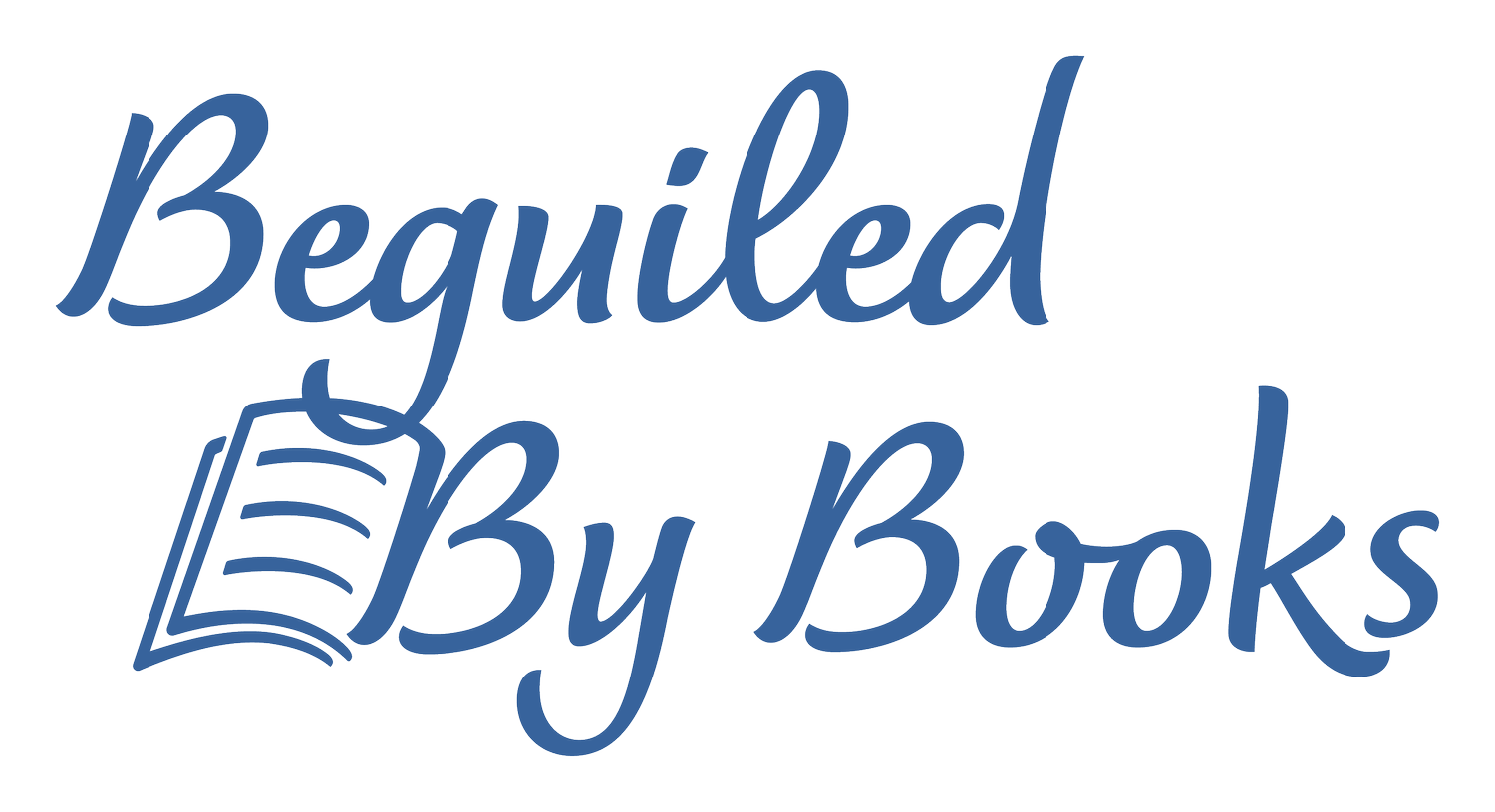Best Books for a New Year and a New You
The wheel of the year keeps turning, but on January 1, many people set goals for themselves for the calendar year to come. Each year, I create categories and write specific goals in each category. This year, I have writing, learning, hobbies, finance, etc. Reading is one of the quickest and most inexpensive ways to learn and improve. If you’re looking to make reading a habit or looking for books in specific areas, I’ve put together a list of the best books for New Year’s Resolutions.
As a member of the Bookshop.org Affiliate Program, purchases from my links may earn me a nominal commission.
Books for Personal Improvement
This category is a bit of a catch-all. I’ve found each of these books extremely helpful with your mindset and overall development.
Essentialism: The Disciplined Pursuit of Less by Greg McKeown
Why it’s helpful: Essentialism asks the question: what do I do that’s essential for me to be my best self? Everything else doesn’t matter. Essentialism makes you dig deep into all the things you do and have in life to ask you what’s necessary. Simple, yet effective.
Mindset: The Psychology of Success by Carol S. Dweck
Why it’s helpful: Psychologist Carol Dweck uses her book to prove with facts and studies (y’all know I love facts and peer-reviewed studies) that people with a fixed mindset are less happy (and often less successful) than those with a growth mindset. Simply learning about the different characteristics of each mindset will open your mind (pun intended) to how you behave in your life and different situations.
Atomic Habits: An Easy & Proven Way to Build Good Habits & Break Bad Ones by James Clear
Why it’s helpful: James Clear devotes an entire book to the premise of 1% improvement each day. When setting goals or New Year’s Resolutions, most people end up defining outcomes. “Lose 20 pounds” is an outcome, whereas “Cook healthy meals at home and only dine out/get delivery twice per month” is a measurable habit that could lead to you losing those 20 pounds. Full of examples and studies, Atomic Habits will inspire you to create a habit tracker and improve your life in small ways each day.
Books for Improving Physical and Mental Health
Why We Sleep: Unlocking the Power of Sleep and Dreams by Matthew Walker
Why it’s helpful: Sleep. You have to sleep. However, most people don’t get enough sleep or sleep poorly and, guess what, it dramatically affects your health. Sleeping is like magic for our bodies because all the Important Things our bodies do each day reset each night. When we don’t or can’t get the sleep we need, our bodies stop operating efficiently.
Breath: The New Science of a Lost Art by James Nestor
Why it’s helpful: Breathing. Just like sleeping, you have to breathe. It’s non-negotiable. And, just like sleeping, most of us are breathing incorrectly. Yes – you are breathing incorrectly. The good news is, you can practice better breathing, which improves your health. And, better breathing improves your sleeping. See where I’m going with these recommendations?
How to be Sad: Everything I've Learned About Getting Happier by Being Sad by Helen Russell
Why it’s helpful: Russell embraces being sad as a way to regain happiness. In this book, she shares how Western cultures’ avoidance of sadness ends up harming us much more than spending a bit of time being sad. Everyone should read this book to help unlearn the parts of our society that tell us we can’t be sad.
Wintering: The Power of Rest and Retreat in Difficult Times by Katharine May
Why it’s helpful: Similar to How to be Sad, Wintering shares the power of embracing retreat, rest, and comfort in difficult times. When you have that feeling of wanting to curl up with a fluffy blanket, a cup of tea, and veg out on a comforting show, embrace it. Your body is telling you something, and you need to listen.
Burnout: The Secret to Unlocking the Stress Cycle by Emily & Amelia Nagoski
Why it’s helpful: When a predator chased our ancestors and we evaded death, our brain went from fight/flight to relief. Today, our brains produce the same chemicals as being chased by a predator, but we often don’t feel the sense of relief because we aren’t genuinely staring at death. We exist in a perpetual stress response. Burnout seeks to tell you how to complete the stress response, so your body has a chance to reset. Sometimes it’s therapy, sometimes it’s exercise, and sometimes, screaming into a pillow gets the result and relief you need.
Books for Improving Your Financial Situation
I Will Teach You To Be Rich by Ramit Sethi
Why it’s helpful: Ramit is a no-BS guy whose book will make you think about your money differently. This is the only book you need to get started. Instead of all the other personal finance names out there who want you to scrimp and save and cut out the little things that make life worth living, Ramit makes you look at how you want to spend your money. He ticks the obvious boxes with recurring bills and emergency funds, but then he talks about money dials: where do you want to turn up your spending? He also does one thing that I don’t see anyone else talking about: make more money. Even if you don’t read the book, sign up for Ramit’s newsletter. He shares so much free advice that you’d be a fool not to listen.
When reading for improvement, the most important thing is to set aside your ego and reflect on your thought patterns and behaviors. Where are you standing in the way of your growth? Once you can honestly answer that question, you’re on the path to exponential improvement.
Did I miss any books you’d recommend?
